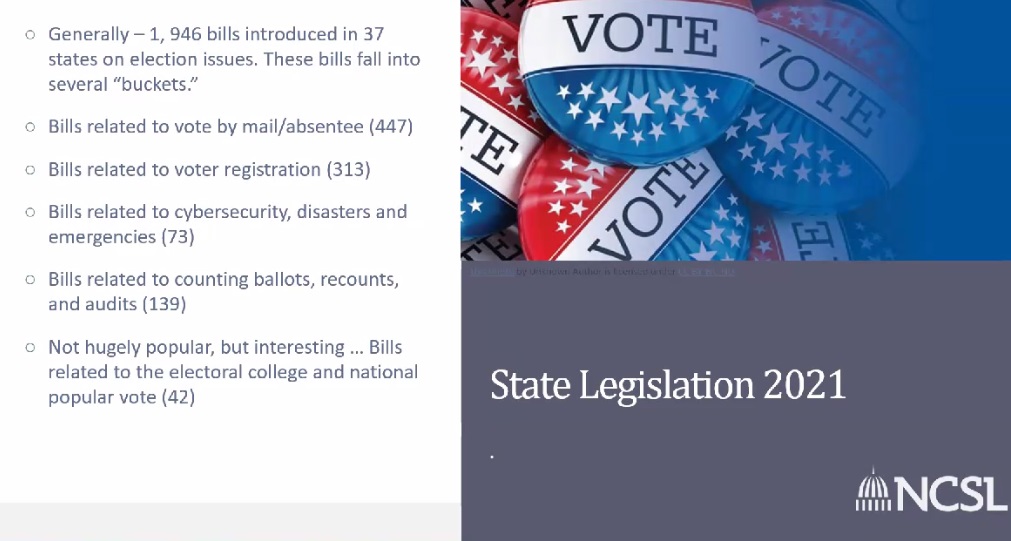States Commiserate About How They are Plagued by COVID-19, Data Collection Issues
February 4, 2021 – The administration of President Joe Biden has a full plate of state priorities waiting to be worked on, and leaders representing states and the White House on Thursday discussed the pressing need to address COVID-19. The pandemic has played a significant role in how state governme











Member discussion